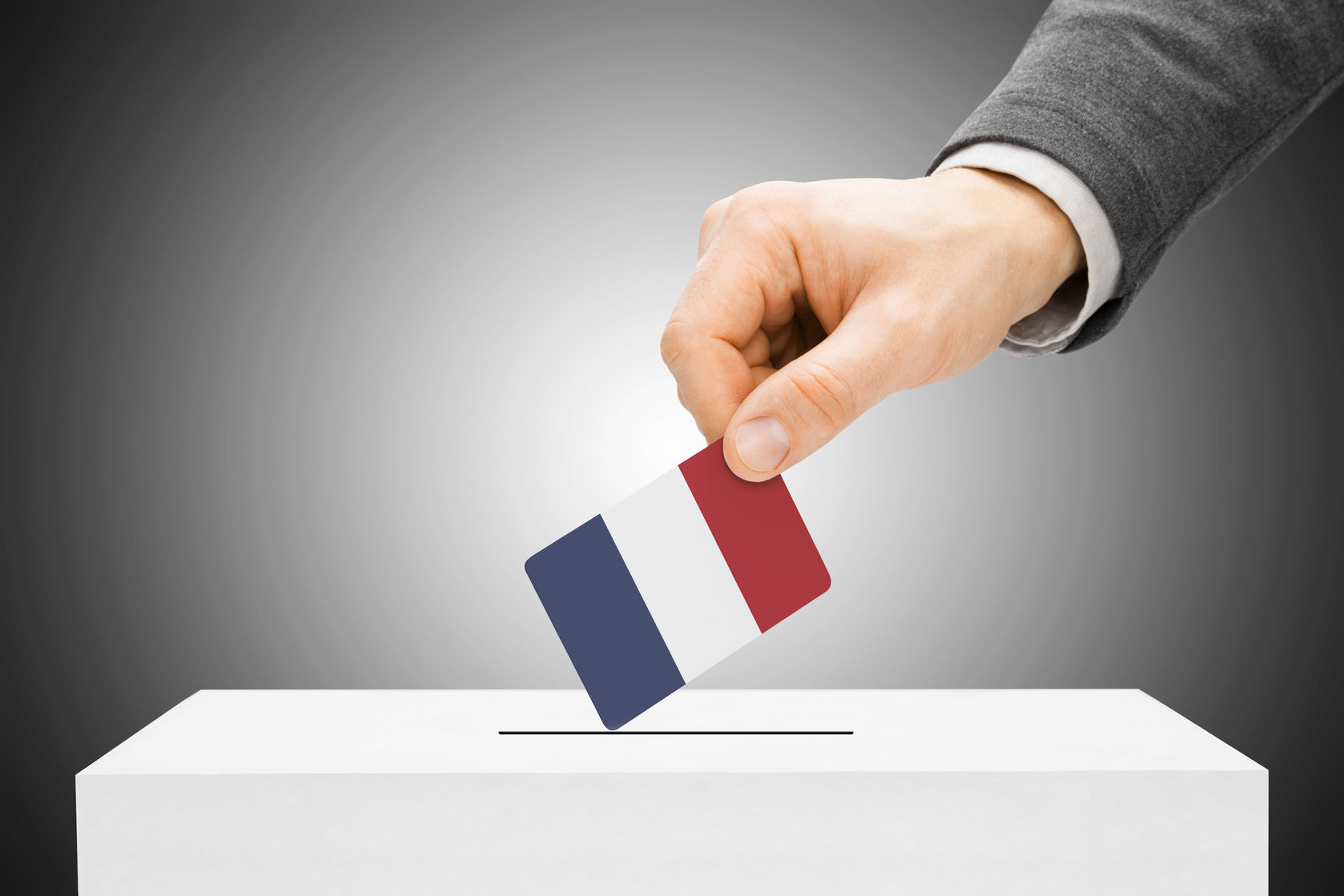Outcomes of round one of the French elections
May 3, 2017 | Expert Insights
The first round of the French elections culminated with Emmanuel Macron and Marie Le Pen emerging as the victors. For the first time in French politics, the primaries did not favour the front runners. The polity was deeply divided; a section to the left, the right, the centre-left, the centre-right, the extreme left and the extreme right. The two candidates standing for Presidency, each represents about twenty percent of the population. A similar percentage of the populace remain undecided while the remaining forty belong to the extreme right and the left. In the above background, a fundamental question comes to mind. Would the outcome of the elections pose a threat to the existence of the Fifth Republic? What does the French election mean to France and the European Union? How would the forty percent who constitute the fringes vote?
What is the Fifth Republic?
The Fifth Republic replaced the parliamentary system of the Fourth with a semi-presidential system also known as the dual executive system. The Fifth Republic was established by General de Gaulle with the Constitution of 4th October 1958. France's executive branch consists of the President, the Prime Minister, Government and the permanent bureaucracies of the many ministries. The President names the Prime Minister, presides over the cabinet, commands the armed forces and conclude treaties. In certain emergency situations, with the approval of Parliament, the President may assume dictatorial powers and rule by decree.
Ideological Differences
The Presidency of Macron and Le Pen will represent ideologies that are distinctly different for the French people. Macron’s vision includes staying within the EU and creation of a European Security Council. He plans to cut corporate tax from 33 per cent to the European average of 25, save £8.4 billion (€10 billion) in unemployment benefits, reduce the jobless rate to seven per cent and a projected target of £50 billion (€60 billion) in public spending savings. He also publicly pledged to increase defence spending to two per cent of the country’s GDP by 2025 and proposed mandatory military service for strong men and women aged between 18 and 21 up to 3 years. Macron represents the conservative centre-right.
Le Pen on the other hand would like France to exit the EU and leave its single currency. Her policies include reservattion of certain rights such as free education for French citizens alone, prevent the stay of unauthorised migrants in France, citizenship policy amendments preventing grant of citizenship, solely basing it on birth in the nation, curb migration and stop health care facilities for illegal migrants. Le Pen has also proposed changes to the taxation system and to stabilise the economy. They include additional ten percent tax on employers hiring foreigners, cut taxes for households, increase welfare benefits, ten percent cut to income tax on three lowest revenue bands, cut payroll tax for very small and medium-sized businesses and lower the corporate tax rate for SMEs, cut by five percent the regulated price of gas and electricity. She further promised that the debt would be cut to 89 percent of GDP by 2022. Though both the candidates propose to reduce tax, they have not proposed how the would generate resources to balance the generous spend on the public sector and social welfare schemes.
Concerns of the French population
The two core issues France is facing today are the convoluted taxation system and the mounting refugee crisis. France is one of the most taxed countries in the world. The income tax rate stands at a high of 33 percent, value added tax at 5-20 per cent along with an additional wealth tax 1.5 percent on income above 10 million Euros. The high tax rates have resulted in the employed being taxed 9 months of their salary annually while the unemployed enjoy benefits in the form of stipend and housing. The government spends extensively on public sector, defence and migrants. The aids provided include housing unemployed, benefits to parents for each child born, education benefits. The migrant population also is cause of concern. The influx of 1000s of migrants every month has resulted in burdening the French economy. Due to this taxation system, the unemployed remain unincentivized to find jobs leading to high unemployment rates in the country. Le Pen, the leader of the National Front vowed to solve the said two concerns. She promised to restrict migration and expel illegal migrants from France. Additional tax on companies hiring foreigners is one of the methods adopted by her to prevent immigration in France. Macron the leader of En March however supports migration. He claims that immigrants are good for France and bring “fresh bursts of creativity and innovation” to society. He further stated that migration should not be considered as a concern for the development. This stance taken by Macron has infuriated the extremes as well as other sections of the France into lending their support to Le Pen.
Assessment
The French will hope for transformational changes post the elections. The repressed frustration and growing xenophobia of French people could result in the extreme right candidate Le Pen elected as the President. This could be catastrophic for the EU while it would be good outcome for the superpowers such as USA, Russia and China. In the absence of a credible option, the population could cast a de facto vote in favour of Macron to prevent France from distancing itself from the EU. Will the resentment and anger of the French determine the result of the election? The European Union can only hope for a victory for Macron to guarantee its future while the world can only wait and see whether another country is engulfed by a wave of populism.


